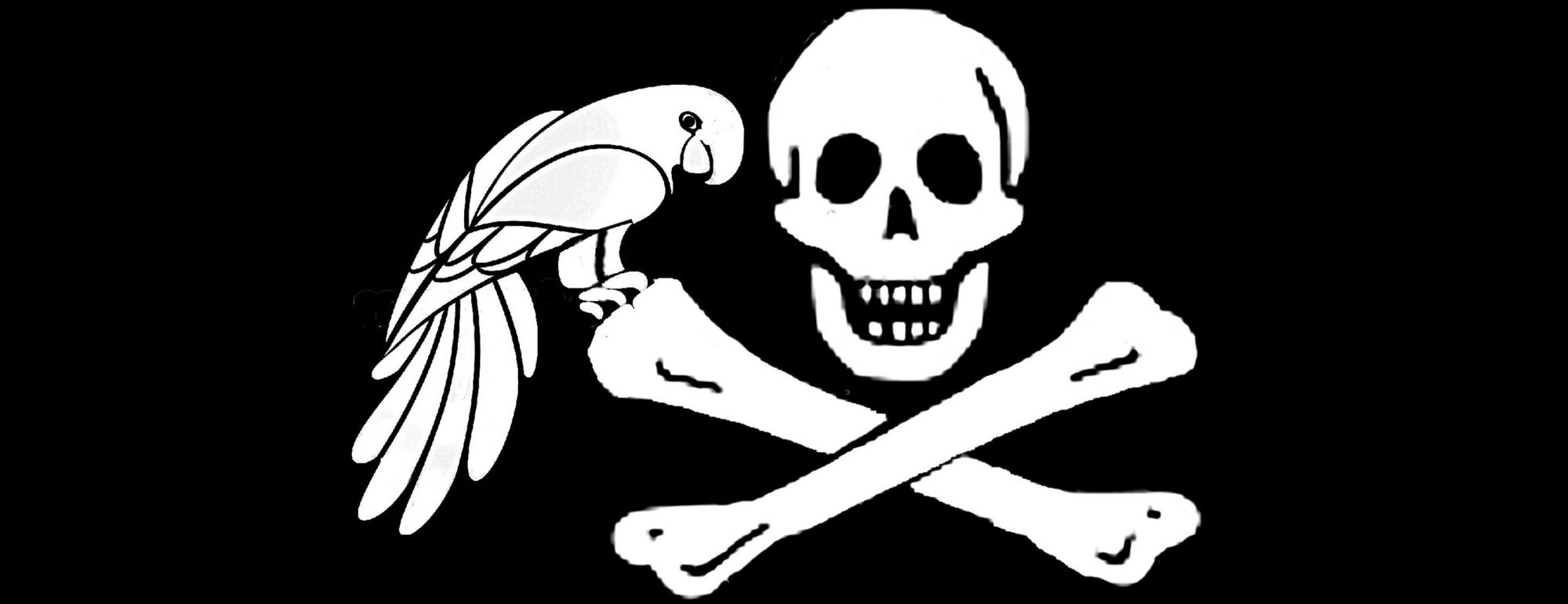Most people use these terms as synonyms, but they can mean different things. A pirate is actually an ocean going robber. The practice continues to this very day. Most people think of pirates in terms of the “golden age of piracy” 1660 to 1726 and in terms of the Caribbean, ala Johnny Depp. This is the era and place of Red Legs Greaves.
Privateers were basically legalized pirates. They were sanctioned by a particular country to attach ships for other countries, with whom their employer was at war. Private vessels would be commissioned into a ‘navy’ with a letter of marque, paid with a substantial share of whatever they could capture from enemy ships and settlements, the rest going to the crown. These ships would operate independently or as a fleet and if successful the rewards could be great. When Jean Fleury and his men captured Cortes’ vessels in 1523, they found the incredible Aztec treasure that they were allowed to keep. Later, when Francis Drake captured the Spanish Silver Train at Nombre de Dios (Panama’s Caribbean port at the time) in 1573 his crews were rich for life. This was repeated by Piet Hein in 1628, who made a profit of 12 million guilders for the Dutch West India Company. This substantial profit made privateering something of a regular line of business; wealthy businessmen or nobles would be quite willing to finance this legitimized piracy in return for a share. By the seventeenth century piracy and privateering became less of an acceptable behaviour, especially because many privateers turned into full blown pirates because they did not have to give part of the profit they made back to their country of employment.
Pirates involved specifically in the Caribbean were called buccaneers. Red Legs was correctly a pirate and a buccaneer. Roughly speaking, they arrived in the 1630s and remained until the effective end of piracy in the 1730s. The original buccaneers were settlers that were deprived of their land by “Spanish authorities” and eventually were picked up by white settlers. The word “buccaneer” is actually from the French boucaner, meaning “to smoke meat”, from the hunters of wild oxen curing meat over an open fire. They transferred the skills which kept them alive into piracy. They operated with the partial support of the non-Spanish colonies and until the 18th century their activities were legal, or partially legal and there were irregular amnesties from all nations. For the most part buccaneers attacked other vessel and ransacked settlements owned by the Spanish.
Traditionally buccaneers had a number of peculiarities. Their crews operated as a democracy: the captain was elected by the crew and they could vote to replace him. The captain had to be a leader and a fighter—in combat he was expected to be fighting with his men, not directing operations from a distance. Spoils were evenly divided into shares; when the officers had a greater number of shares, it was because they took greater risks or had special skills. Often the crews would sail without wages—”on account”—and the spoils would be built up over a course of months before being divided. There was a strong esprit de corps among pirates. This allowed them to win sea battles: they typically outmanned trade vessels by a large ratio. There was also for some time a social insurance system, guaranteeing money or gold for battle wounds at a worked-out scale.
In the end, it mattered little what you were called. Most died miserably. Red Legs being the rare exception.

